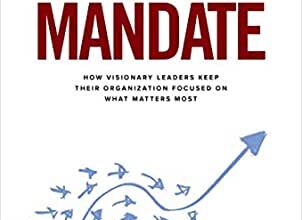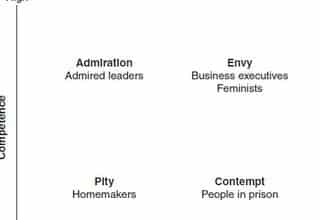They say that clothes make the man. I’d like to think this isn’t true, but then I consider internationally-acclaimed male model, Derek Zoolander. Zoolander is an influential force in politics (he saved the Prime Minister of Malaysia), education (he founded a school for “kids who can’t read good and wanna learn to do other stuff good too”), and human rights (he fought against child labor). When not saving the world, he’s a lady’s man and friend of Billy Zane.
I’m pretty sure there’s a lot more to life than being really, really, ridiculously good looking. And I plan on finding out what that is. —Derek Zoolander
Let’s face it, Zoolander is the total package. To be on the same level as Zoolander is an impossible feat, but who’s to say we can’t try to be more like him? And it starts with how we dress. If this sounds vapid (and you don’t want to take the advice of the greatest male model in the history of male models), consider a few of these research findings:
Creativity. Research from the Social Psychological and Personality Science found that individuals dressed in formal clothing performed significantly better on intellectual tests then those wearing casual clothing, especially when it came to creative and organizational tasks and the ability to apply abstract, holistic thinking.
Focus. A study in the Journal of Experimental Social Psychology shows a higher level of concentration with people who were told to wear a doctor’s white coat versus a painter’s smock. Those in the doctor’s coats displayed significantly higher results when completing attention-demanding tasks.
Communication. In another study, participants wore formal and informal clothing in negotiation meetings. Those in business suits were more persuasive and convincing then their sweatpants-wearing brethren.
Performance. The color of your clothes also makes a difference. A study in the Journal of Sport and Exercise Psychology found that sportsmen dressed in red (versus blue) sport shirts performed much better when it came to lifting weights before combat sparring. Their heart rate was higher and they were more aggressive.
Perception. While the previously mentioned research quantifies the internal benefits of dressing well, a study from the Journal of Consumer Research demonstrates how it affects the ways others perceive you. Dubbed the Red Sneaker Effect, the idea is to dress in a similar fashion to those around you, but with a twist. The research discussed a black-tie affair where someone chose to wear a red bow tie and, in another scenario, a professor sporting red Converse sneakers. Having the “courage” to be different led others to perceive these individuals as higher status and more confident, captivating, intelligent, capable, and successful in all aspects of life.
Well I guess it all started the first time I went through the second grade. I caught my reflection in a spoon while I was eating my cereal, and I remember thinking, ‘wow, you’re ridiculously good looking, maybe you could do that for a career.’ —Derek Zoolander
Don’t undermine the impact of your appearance; how you dress makes a difference. Maybe it shouldn’t, but it does. Don’t let your exterior undercut or distract from the value you provide. Will this make you as captivating as Zoolander? Probably not, but his profession is to be attractive…you just need to be a step above presentable.








